WILL WE ALWAYS BE LEFT BEHIND?
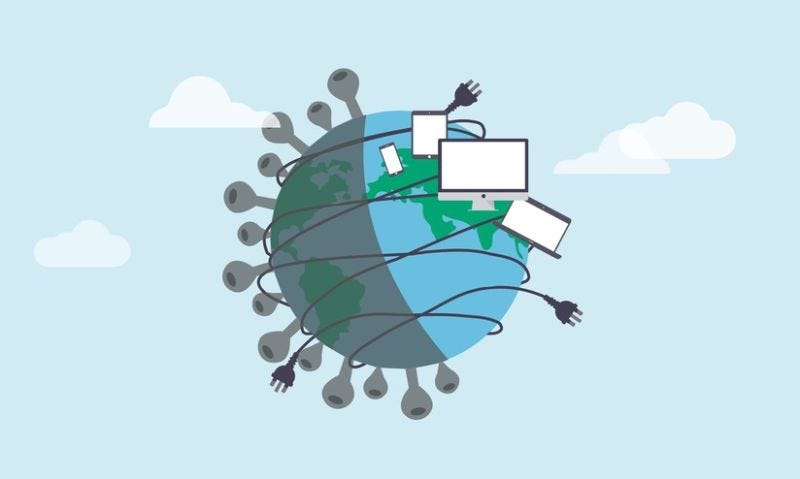
Recent tech news around the world focuses mainly on Artificial Intelligence, its regulation, its use, the impact of datacenters and every other piece of technology and technological knowledge that a significant portion of the Global Majority either has little knowledge about or does not even know exists. As of 2024, the World Bank reported that Eastern and Southern Africa witnessed an 11% increase in internet users from 16% to 27% while Western and Central Africa witnessed a 24% increase in internet users from 23% to 47%. Considering the gap that exists between access to the internet at the most basic level; the ability to surf the internet for information, and the cognitive ability required to consume and comprehend news about the existence of artificial intelligence that is as powerful as we are witnessing within the status quo, it is quite concerning that there is very little concern surrounding leaving a majority of the global population behind in the race to the peak of the artificial intelligence food chain.
I grew up in a home with a single desktop computer that was shared among three curious young adults. I attended a school with a computer lab that seemed full of computers but only one or two worked at a time and needed to be shared among a class of at least 50 students. This was considered a high-quality access to technology in 2013 in the small town I grew up in. My family was considered extremely privileged to have even owned a desktop computer at home. Though we had a desktop at home, both of my parents could hardly use it for anything. My siblings and I had to self-teach through Google, YouTube, and other sites that probably no longer exist on the internet today. Unlike my peers that I studied with while on my first international exchange program who had parents that were tech savvy, my peers back home and I had to teach ourselves what it meant to have access to the internet and use it responsibly. Without ever being granted the privilege to access a top-down trickle of technological knowledge from previous generations, my generation has significantly higher burdens to overcome in order to somewhat successfully benefit from the lowest level of technological advancement.
From access to internet that prides itself in intermittently disconnecting, having the lowest upload and download speeds known globally and costing more than a day’s worth of pay to for a couple of gigabytes to starting my degree in Artificial Intelligence for Sustainable societies this fall, I have noticed that no matter how much the global south strives to bridge the gap between technological access, unfortunately, the global south without aid will never be fast enough to catch up. I got my first phone at 15 through CAMFED Ghana. It was a Samsung S3 that turned itself off after an hour of two of overheating from having the data turned on. The same data that I needed to access the internet because there was no WiFi. It was the phone that I had access to for two hours twice a month, if I’m lucky. I spent ages 15-18 in a boarding house with no access to the internet or technological devices except when our parents visited on visiting days every other weekend. This meant that the entire school relied on an ICT lab that was only accessible when we had that subject, once a week, if you are lucky the ICT teacher invites your class to the lab, otherwise you learn ICT in front of a whiteboard and have to imagine what the internet and technological devices look like.
While on exchange, I had access to a laptop that my high school trusted me enough to offer me to take home and use for all my assignments and extra-curricular needs. To my 17-year-old mind, this was revolutionary. You mean to tell me there was a school, a public school, somewhere in the world that had so many high-quality laptops available that they offered them to students to use for their individual needs? I could not fathom the depth of the technological gap between the US and Ghana and I still cannot till this day. How is it that my 9-year-old host sister in the US had her own iPad, knew how to use YouTube to learn, yet most of my teachers and even my parents back in Ghana could hardly operate a device that had access to the internet without calling on a younger person to explain what was going on.
Much has not changed since then, in fact, while strides have been made to increase access to technology and the internet, the technological literacy gap only seems to widen even larger as the rest of the world gallops after the AI innovation dream while Africa is still crawling towards increasing internet speed and providing access to technological devices for younger school-going-age children. There is a significant infrastructure gap that hinders adoption of technology in education, formal employment, policy, finance, and the scientific sectors. Taking this gap into consideration, significant strides must be made before Ghana and Africa as a whole can contribute significantly to the AI discourse.
When it comes to AI, individuals within Africa with access to chat GPT, Claude and other AI tools are those who are highly educated, exposed and at the apex of the AI consumption food chain on the continent and that is a significantly small portion of the population of the continent. Because the interaction a majority of these individuals have with AI is through consumption rather than the appearance of a balance of consumption and production, it is somewhat of an impossible task for this population to contribute to the AI discourse the way the rest of the world is contributing to it. Africa is home to less than 2% of the global total of data centers. For a continent that accounts for close to 20% of the global population, the discrepancy between technological development and population growth is astounding. This means a majority are using AI for day-to-day mundane tasks as opposed to questioning the ethics of the data that is fed to AI for example. Or analysing the biases that exist in training data for models or in fact, how models are even trained to begin with. This translates into the laxed regulations surrounding the behavior of big tech companies on the continent and explains why a vast difference in efficacy of the existence of data access regulations such as the EU’s GDPR versus similar regulations on the African continent exists. This also creates a concerning cycle where African voices – representing very diverse cultures and perspectives that should ideally inform the development of AI – remain largely absent from the discourse that shapes the development and regulation of AI. The continent therefore once again, just like with grade level technology, risks being subject to systems developed and implemented without its input, perpetuating existing biases and inequities.
So while the rest of the world fights for the right of the public to govern AI through deliberative democracy to reduce the unprecedented power big tech holds over our social interactions, how exactly does a continent starved of AI production but rich in delivering data that feeds AI datacenters yet ironically victim of bias within this dataset fit into this equation?
We need African leaders, scholars, and the youth to be at least concerned about the rapid advancements being made in training models that are leaving the continent behind. Cultural bias within datasets used to train models should not just be a thing to tweet about but should be of real concern and hold real life consequences for big tech companies. Leaders of African states should be adept enough to have strong stances on AI regulations within various African countries that go beyond South Africa’s POPIA laws or Nigeria’s NDPR both of which have significant shortcomings not limited to being outdated and not considering pseudonymized data and data processing activities which AI data centers engage in massively. While individual Africans strive to be technologically inclined, similar mandate should be expected from leaders should the continent be expected to contribute as much as everyone else is contributing to the AI conversation.
Category: technology
365
14


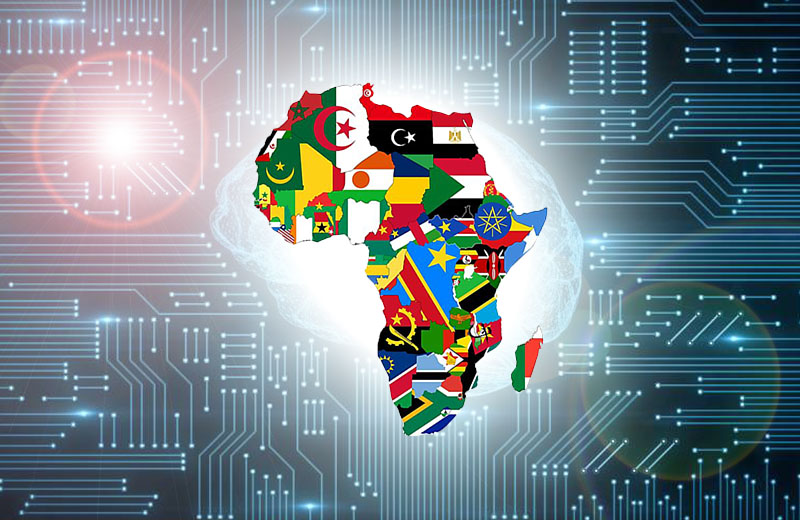
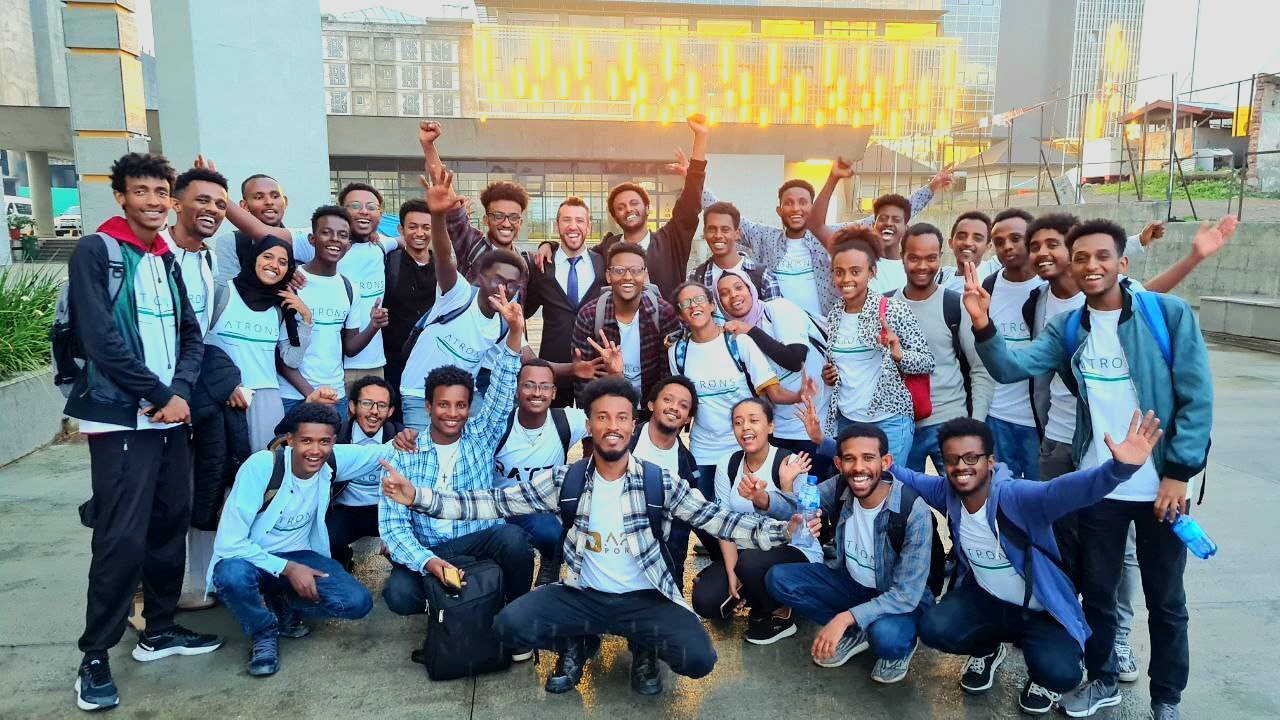
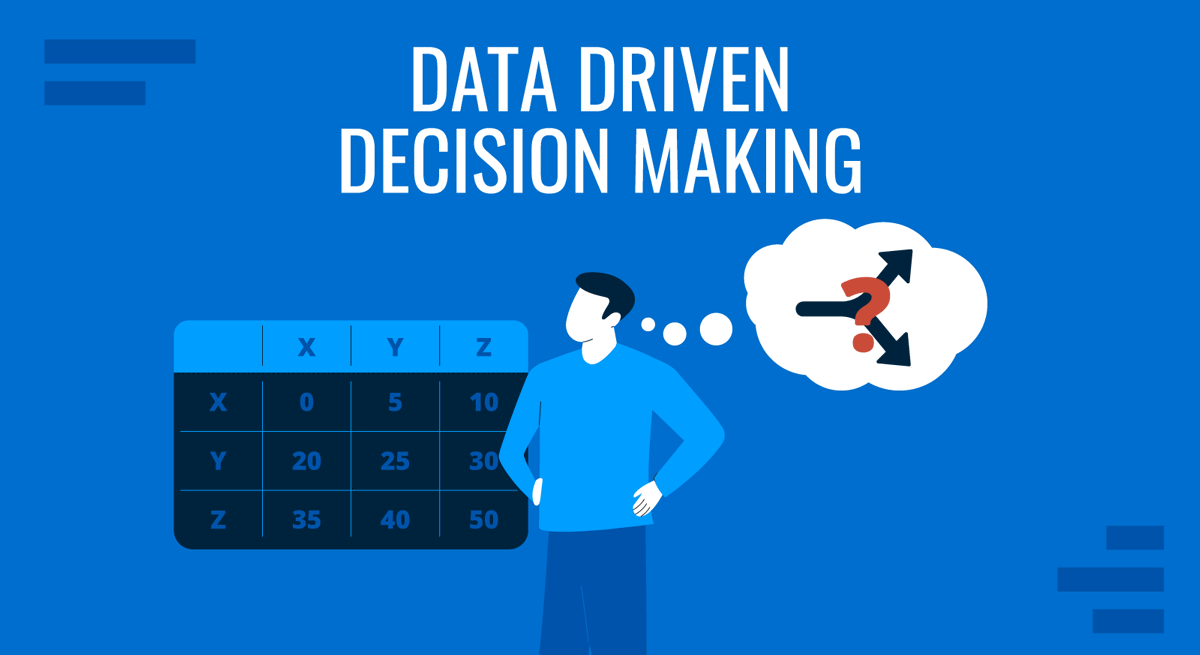
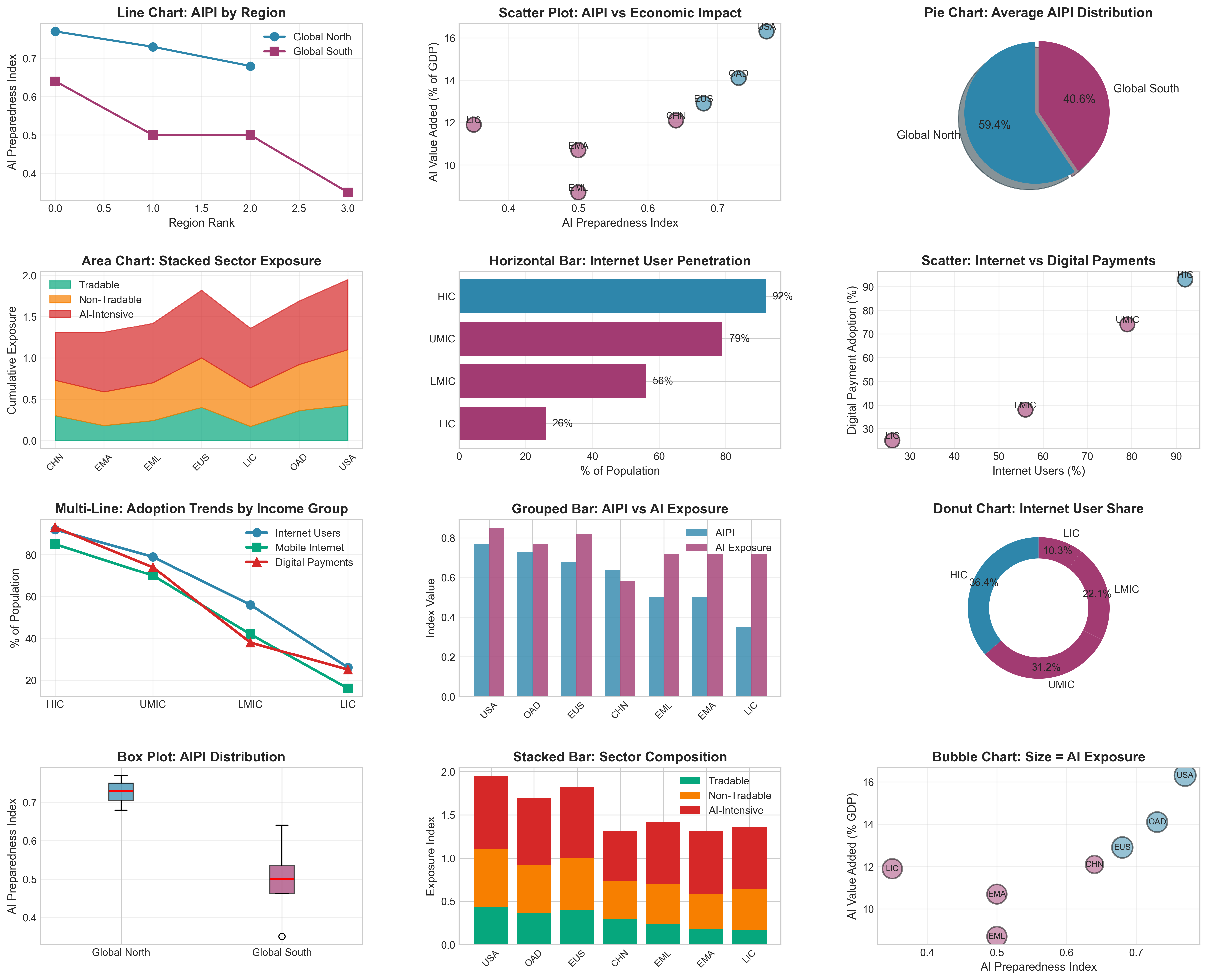
Comments